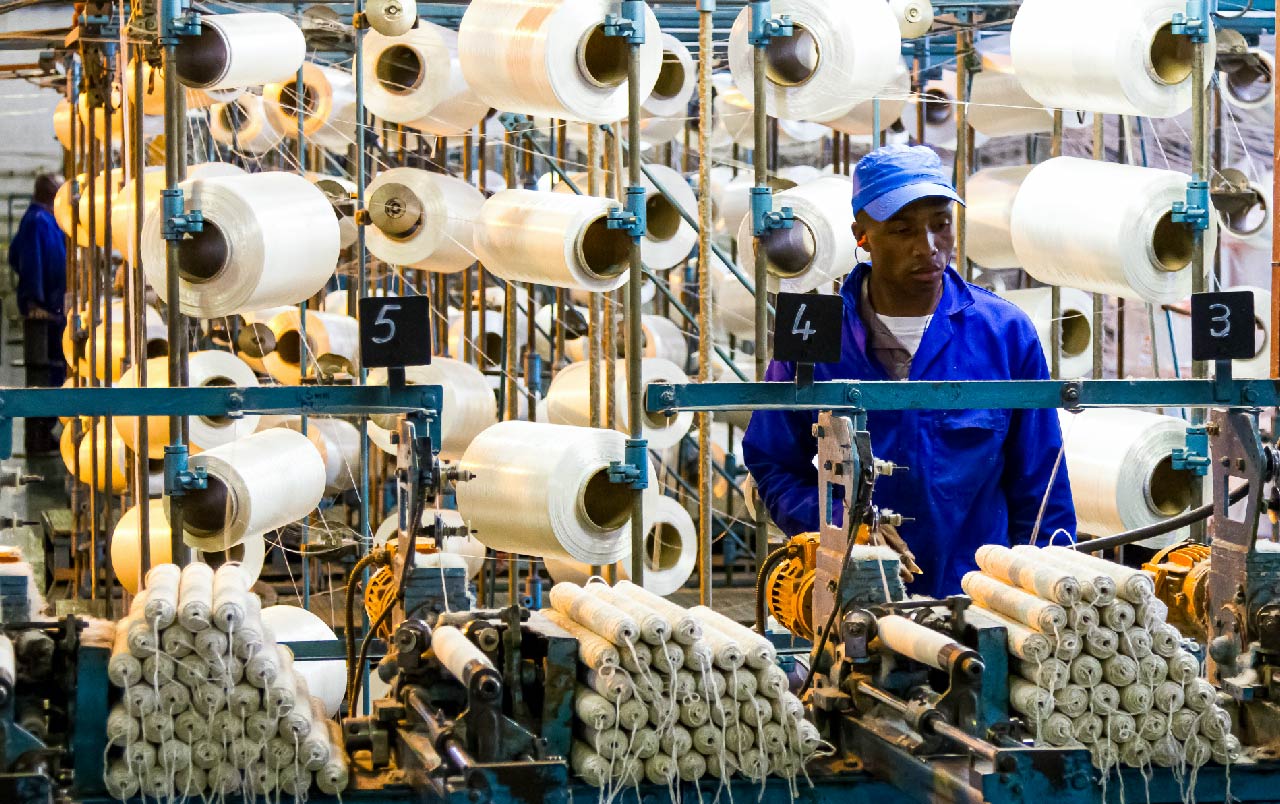Several South-South partnerships are perceived as more economical, effective and favourable compared to North-South aid relations.
The implementation of the African Continental Free Trade Area (AfCFTA) is the culmination of a historical process. It reflects African aspirations since the time when the continent’s nation-states regained their independence. The hope is that it will enhance regional integration and address some of Africa’s structural challenges. Some of them are unequal integration into the global economy and lack of access to global value chains.
The absence of strong regional value chains, bolstered by strong intra-African trade, has left the continent vulnerable to external events. The COVID-19 pandemic made that clear. It showed African countries at the back of the line in accessing vital medical equipment and protecting its front line workers. In the absence of regional value chains, many countries in the region have not been able to access what they need to fight the pandemic and to restore their economies and social relations.
Boost trans-regional trade
While the implementation of the AfCFTA is extremely important to the continent’s regional integration agenda, it is not enough. It needs to be bolstered. Efforts should focus on building trans-regional trade that enables infrastructure and manufacturing capacity. It should also include capacity building amongst customs authorities on the continent. This would ensure rules’ enforcement in a consistent and efficient manner.
Trade integration must be seen as part of a wider African agenda. It is paramount to diversify the export of goods and services within and outside the continent. Cross border infrastructure will thus remain important for the establishment of regional value chains.
When thinking of the AfCFTA, one should not lose sight of the importance of the existing sub-regional integration efforts, which will continue to act as a foundation for intra-African trade and investment. African trade only represents about 3% of global trade, whereas intra-African trade is roughly 16-18% of the continent’s overall trade. Currently, African exports are dominated by commodities. Yet, there are encouraging signs, within the various sub-regional blocs, that they are diversifying their intra-regional trade beyond trade goods.
Currently, an increasing number of African countries see the continent’s market as either their most important export destination or their second most important market. This is a positive trend.
The AfCFTA will not replace the regional economic communities. Rather, it will build on them to enhance integration on the continent. Indeed much of the positive developments are happening within the RECs in terms of greater integration. With the main legal texts on goods and services agreed on, the rules of origin will be important. They determine the extent of input from Africa required to benefit from the preferential trade rules.
Presently, 81% of tariff lines and rules of origin have been decided, with member states putting forward their tariff offers. The existing customs areas play an important role, as they essentially bring multiple members on board.
Cooperation and knowledge sharing vital
Besides building the necessary cross-regional infrastructure, enforcement of the AfCFTA will be important to ensure that goods benefiting from the preferential area comply with the rules. It will also be important to analyse who the “winners and losers” are. A fair share of benefits is vital.
Closer attention will also have to be paid to customs authorities. It would be good to encourage those that have more capacity to cooperate and share knowledge with those authorities that require support. This will necessitate South-South partnerships. They can be of knowledge exchange and training amongst the various customs authorities. Triangular Cooperation partnerships will also need to be fostered where external actors support training and partnerships amongst African customs authorities. This will ensure that the trade agenda only forms one part of the integration, which is also composed of the infrastructure & industrial development agenda. Building this necessary capacity will enable the continent to take an important step forward in implementing the AfCFTA while building resilience beyond the COVID-19 pandemic.
Text editor: Gabriela Keseberg Dávalos


